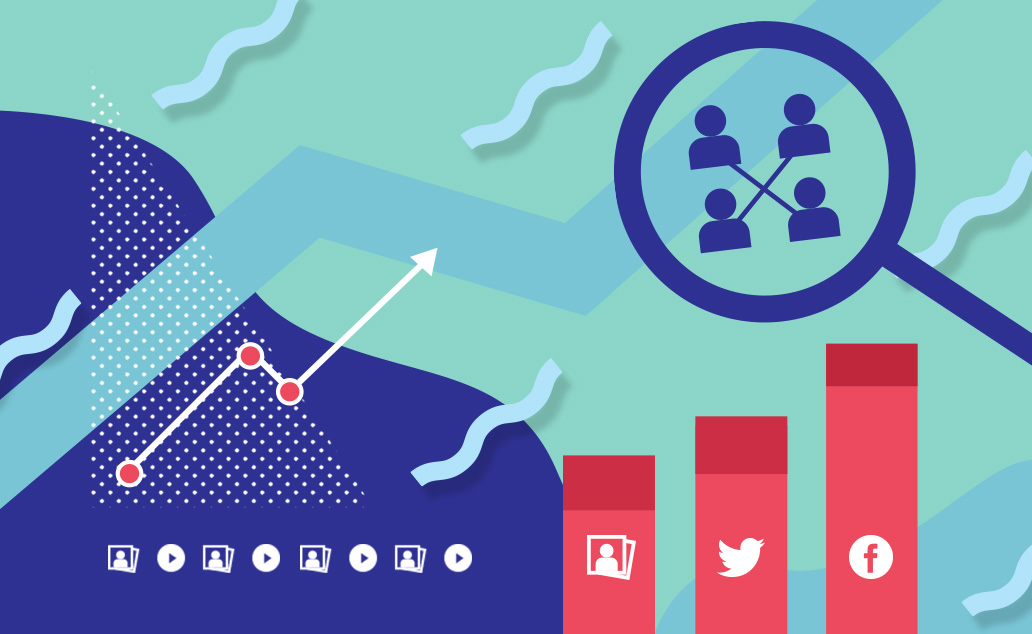
Market research is an area that some brands find much too easy to overlook. There are over half a million new business owners emerging each month (Fast Company) in the United States alone. So it’s imperative your brand develop a digital strategy that facilitates business success. And with so much competition, digital strategies should be backed by market research.
Market research helps focus marketing efforts to make informed business decisions while capitalizing on opportunities. When you conduct market research you examine a variety of information including industry trends and relevant competitors. You’ll also want to do a deep dive on the desires and needs of your specific target audience. Well executed strategies from market research help your company stand apart while moving your business forward profitably.
Market Research Sets Your Brand Apart
A study conducted by CB Insights revealed that 42% of failed startups identified the “lack of a market need for their product” as the single biggest reason for the failure.
One of the greatest benefits of conducting market research is that it helps you navigate the consumer buying process your customers are engaging in. By researching what consumers are looking for and where they are engaging, you can develop an intelligent marketing approach based on data rather than opinion.

For example, if your company is targeting millennials you might guess that they are easily reachable on social media. However, your market research might show that the age group you’re trying to attract is most active only on certain channels such as YouTube and Snapchat. Rather than wasting resources on ad campaigns across all social media, your market research should guide you to more targeted outreach campaigns that offer a higher ROI.
Market research also helps you determine where your products and services fit within the overall industry your brand belongs to. If your company specializes in pet products you need to know if there’s a way you can differentiate your pet products from other brands. Market research may help determine that there is a lack of eco-friendly or holistic pet products available in a certain area or among a targeted demographic. This insight may provide a great differentiator to utilize when selling products or in communicating a brand in a manner that is more useful and unique to consumers.
Do it Well and Do it Often

The best time to conduct business research is any time! Obviously before the launch of a new product or service or before any major marketing campaign or investment makes great sense. But research should be conducted often (at least twice a year) to ensure strategies remain beautifully aligned. For finely tuned digital strategies our digital agency will conduct research and reviews up to four times a year. Research can come from a number of sources, and both primary and secondary resources should be considered.
- Primary Data is original data collected directly from first-hand experience. It can be collected through surveys, questionnaires, interviews with experts, etc.
- Secondary Data is data previously collected by someone else. Common sources of secondary data include market studies, journals and government reports.
The steps to gather market data begin with identifying the right questions you want answered about your industry. Once you know what kind of insights you’re looking for you can:
- Research your competitors. Examine pricing, advertising budgets, product features, financial data, even retail displays to determine their strengths and weaknesses.
- Compare these insights to your company. How are your products and services different or similar? Can you identify ways to make your brand stand out?
- Pull conclusions and insights from your primary and secondary data.
- Strategize how your company will benefit from your research by targeting advantages or foreseeing potential obstacles.
Your company’s digital solutions depend on messaging and marketing strategies that identify business opportunities within your industry. A business plan or a website audit that includes comprehensive market research will help brands limit potential business risks, as well as prosper from data-driven strategies. Assessing consumer indicators will place a company in a better position to capitalize on opportunities.